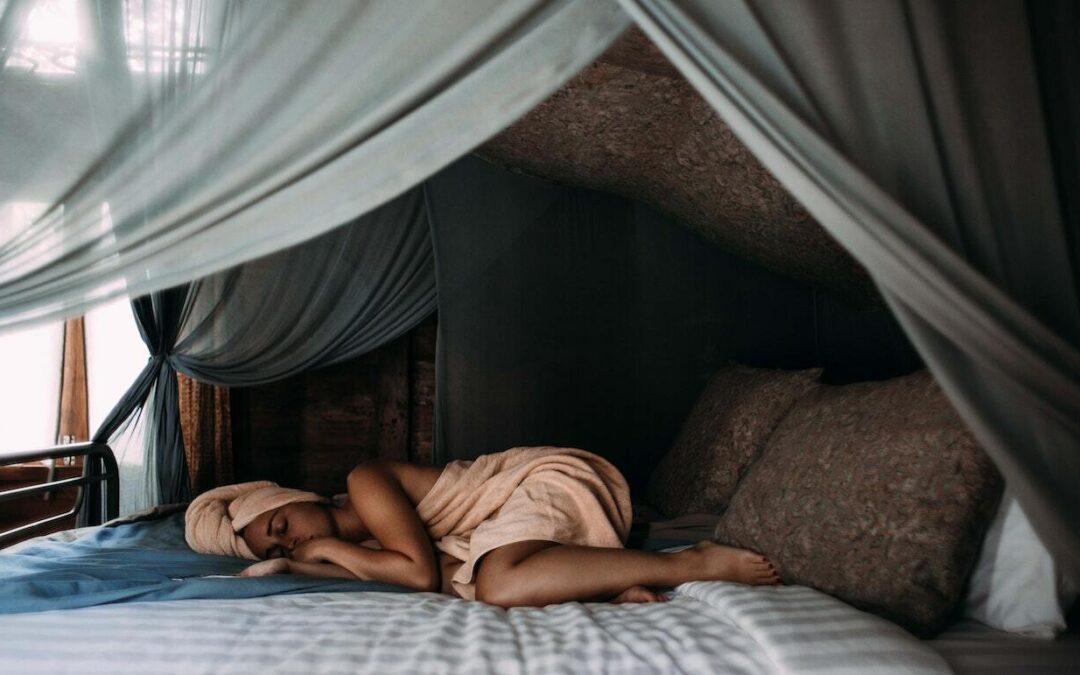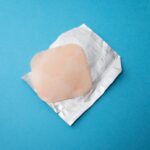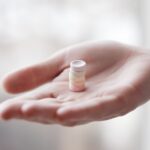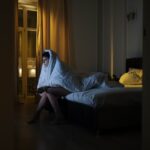Sleep is critical for our overall health and well-being. It allows our bodies to rest and repair themselves, and it plays a vital role in our immune system function. There is a rather strong relationship between the two.
Continue reading to learn more.
Does Sleep Affect the Immune System?
Sleep is an important part of maintaining a healthy immune system. When sleeping, your body is able to rest and repair itself. This allows your immune system to work more efficiently. On top of that, when we sleep, our brains have an opportunity to clear out the toxins from our brains that can build up and cause problems.
Does Lack of or Poor Sleep Make You Sick?
Immunity is the body’s defense against infection and illness. When we are sleep deprived, our bodies produce less of the hormones that help to fight off infection. This makes us more susceptible to illness. In addition, sleep deprivation can lead to inflammation in the body. This can further weaken the immune system and make us more susceptible to illness.
How Do You Sleep Better and Boost Your Immune System?
Getting enough sleep is important for a healthy immune system. If you’re not getting enough sleep, try to make some changes. Here’s how you can sleep better and boost your immune system:
- Consider Supplements. There are a number of supplements that a person can take in order to help them sleep better and improve their immune system. Some of these include melatonin, magnesium, and probiotics. Quantum energy can also be quite helpful when it comes to boosting the body’s overall immunity.
- Take a Warm Relaxing Bath. Taking a warm bath a little bit before bed can help you relax and get a good night’s sleep. Add just a few drops of lavender oil to your bathtub to further promote relaxation and sleep well right after.
- Reduce Alcohol and Caffeine Consumption. Both alcohol and caffeine can interfere with sleep, so it’s best to limit your intake of these substances in the evening. If you do drink caffeine, try to do so earlier in the day.
- Have a Sip of Herbal Tea. There are several herbal teas that can help you sleep, such as chamomile or lavender tea. Sipping on one of these teas before bed can help you relax and get a good night’s sleep.
- Steer Clear of Blue Light in Bed. Exposure to way too much blue light in the evening can interfere with sleep. To avoid this, try to avoid using electronic devices before bedtime. If you must use a device, consider using an app that filters out blue light.
- Get a Health Assessment. If you’re having trouble sleeping, it’s a good idea to see a doctor or other healthcare provider. They can help you identify any underlying health conditions that may be causing sleep issues.
Conclusion
There are simply many factors that could affect the immune system, and sleep is just one of them. If you are concerned about your immune system, it is quite important to find solutions that would work for you and your body.
In need of an immune boost supplement? QEStrong is here to bring you innovative health solutions, giving tools to defend your health, so you can regain or maintain good mental and physical health. Get in touch with us today!








